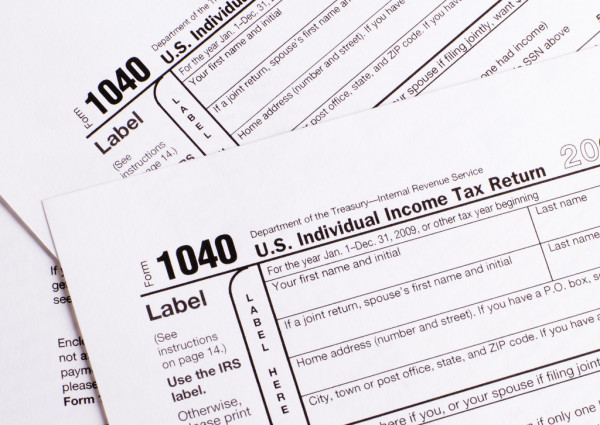
Will this Unique Rule of the American Rescue Plan Affect Your Family?
For at least the last year, it seems like with every passing month there is another new stimulus plan. With each new policy, we are consulting with clients to make sure that they understand the impacts on their overall situation. At EntryPoint, our approach starts with analyzing our client’s tax situations and then, recommending and incorporating strategies to improve tax outcomes (of course, within the constructs of the tax code or “rules of the tax game”). The most recent stimulus package, The American Rescue Plan, provides 1.9 Trillion of benefits to aid in the economic recovery. For the focus of this article, however, I will consider its effect on taxpayers earning just above the tax phaseouts, which is an especially intriguing scenario.
I would like to outline a few steps to empower families to best position themselves for the 2021 tax year. The American Rescue Plan provides a set of fiscal policies for Americans dealing with the economic impact of the Coronavirus Pandemic. Every taxpayer that qualifies will receive a $1400 payment and possibly an additional $1400 for their dependents. There are child tax credit improvements as well as providing up to $3600 per dependent based on age and other additional tax credits based on specific situations.

In considering the American Rescue Plan, it’s very important to be mindful of the lost benefits of having an income slightly above phaseout amounts of $75K for single filers, $112K for Head of Household filers, and $150K for joint fliers in taxable annual income. Failure to recognize these situations could result in various families missing out on thousands of dollars in tax refunds and paying significant additional taxes. Reviewing the example in Adam Levine’s recent article on Kitces.com*, every taxpayer and their professionals needs to consider the implications of not considering this tax situation. If you consider that a family of 5, earning 150K in income will have tax due of $18,975 (before any tax credits) and receive a stimulus of $9,800, net impact of $9,175 tax liability. Whereas, if the same family of 5, earned $160K in income would have taxes due of $21,175 (before credits) and not receive any stimulus, meaning their net tax liability would be $21,175 with any reduction. Thus, 10k of additional income would increase the net tax/stimulus position by $12k paid to the IRS!!!
Here are 3 ways to reduce your taxable income in 2021 and produce a better tax outcome for these specific situations:
- Contribute more to your Health Savings Account
Health Savings Accounts (HSAs) have unique benefits and provide a good strategy to reduce your taxable income. HSAs are funded through a tax-deducted contribution, grow on a tax-deferred basis, and if used for medical expenses are withdrawn without tax. It’s the only account that will provide these benefits, currently, single plans allow for a $3,600 contribution and family plans allow for a $7,200 contribution.
- Contribute more to your 401K (or qualified employer plan)
Using an Employer-Sponsored Retirement Plan is one of the easiest ways to reduce your taxable income. Contributing to your 401K (or any alternative plan) typically provides the largest contribution you can make to reducing your 2021 income. Saving on a tax-deferred basis reduces your income and helps fund your future retirement goals. If your income allows, you could potentially contribute to a Traditional IRA as well to reduce your annual income.
- Consider delaying Income until 2022
Another solid option to help qualify for these 2021 tax incentives would be to delay any income that you will receive in the last few months of 2021 into 2022. Currently, the American Rescue Plan benefits do not extend into 2022 so shifting income from this year into next year could make a significant difference for your situation. So if it possible, consider delaying a year-end bonus or a business owner could defer income (or pay expenses) to reduce their income in 2021.
I hope that you now have a few options to put yourself in a better tax outcome in 2021. I believe my role as a Wealth Advisor is to consult with clients and help them incorporate these sorts of strategies into their tax plan and improve their tax outcomes. When I partner with families in this situation, knowing how to and incorporating these into their financial plans will result in tax savings worth multiple thousands of dollars that they could use to better their financial situations.
* https://www.kitces.com/blog/the-american-rescue-plan-act-of-2021-tax-credits-stimulus-checks-and-more-that-advisors-need-to-know/


